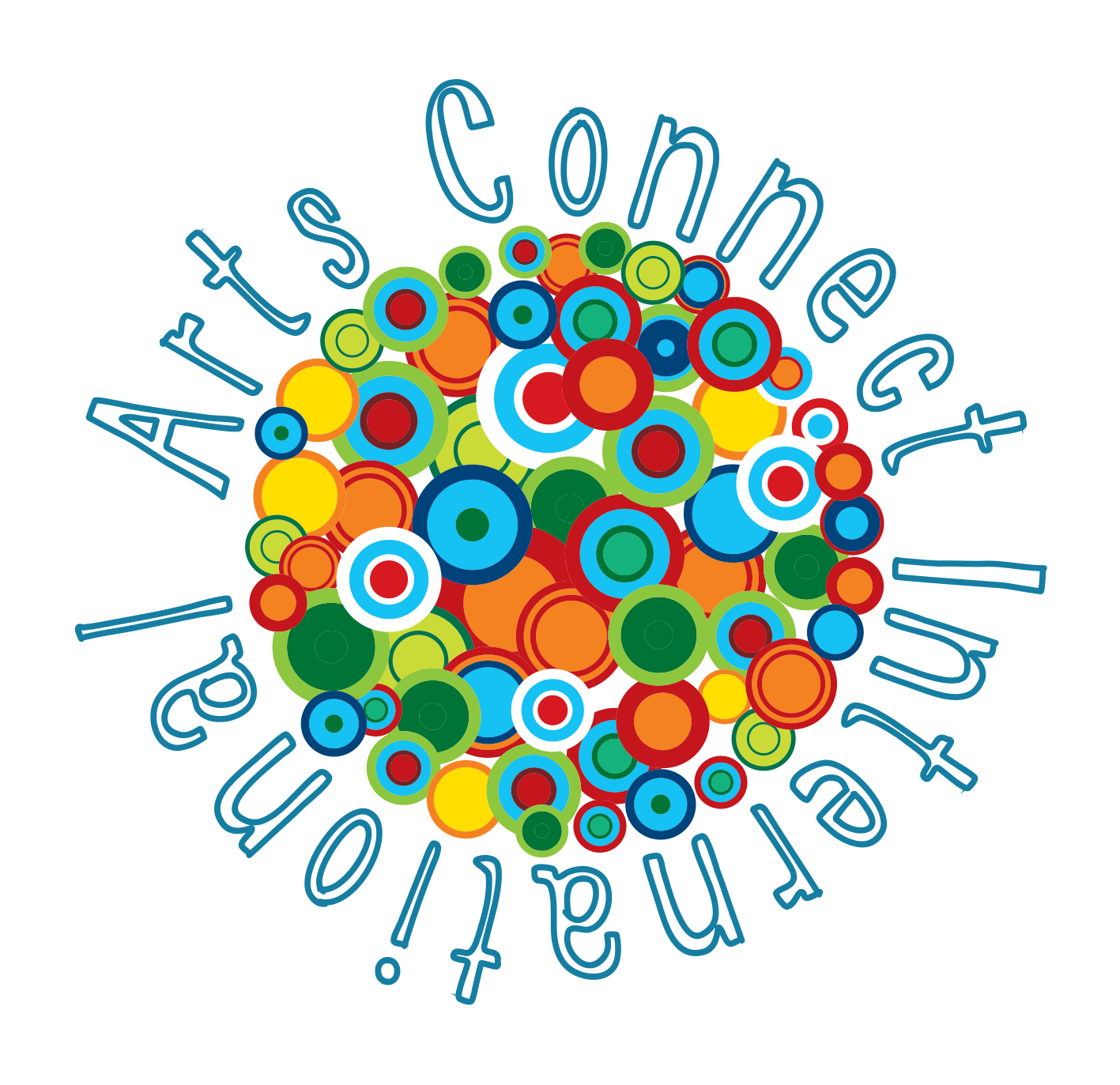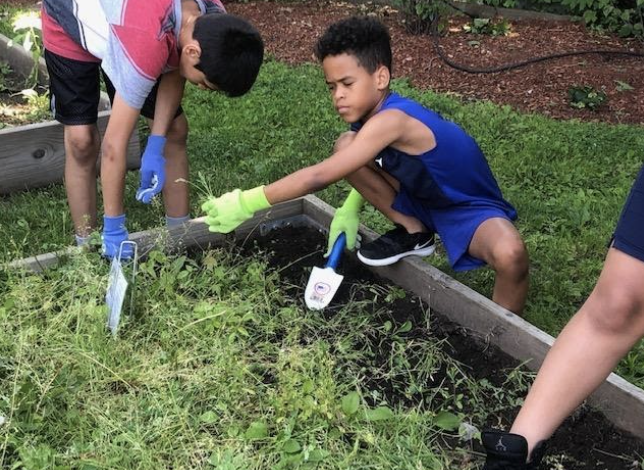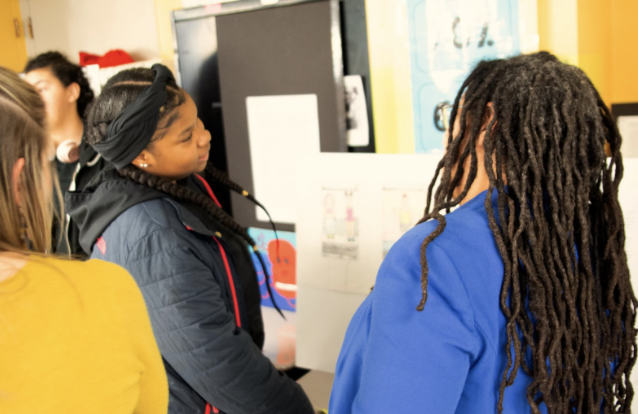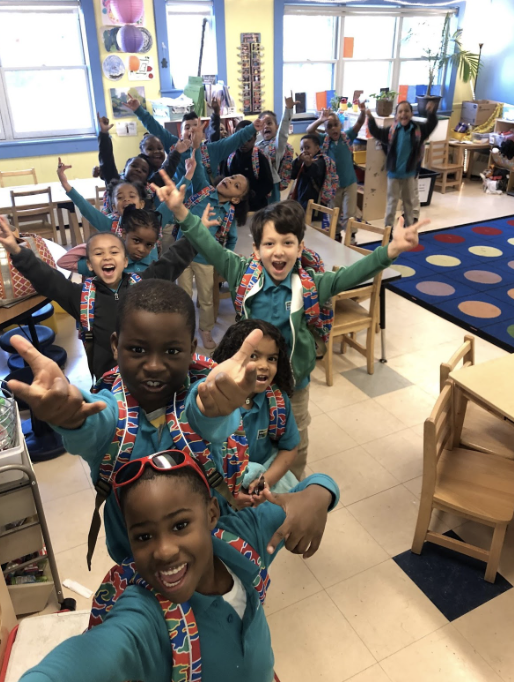Written by Conservatory Lab Charter School
At Conservatory Lab Charter School, we believe that students are already scholars, artists, and leaders who bring rich cultural resources with them to school. If more schools and arts organizations put students and participants at the center of their work, we believe that it would make educational and cultural institutions stronger and more inclusive.
At Conservatory Lab, because we believe our students can already participate as investigators, creators, and advocates, we put them at the center of their own learning. We treat music as a core subject and in all subjects, teachers and resident artists remove barriers to learning and create opportunities for students to connect basic skills like reading and math to the real world. Students investigate the world through fieldwork and teachers introduce them to the tools they need to understand themselves and others.
For example in 2019, kindergarten students observed trees like scientists in a learning expedition called “Trees Are Alive.” Teachers took students on two trips for fieldwork at the Arnold Arboretum in early and late spring. Each student had their own backpack equipped with tools for measuring, sketch pads, and a set of questions they worked with teachers to create. They shared their findings in science talks, journals, and artwork, enumerating what they learned about how trees grow, how trees affect other living things, and why trees are important for our human community.
In 2019, Conservatory Lab piloted a summer program focusing on Food Justice for students going into grades 3-5. To see for themselves how food is grown and transported to them, students observed their city taking trips to Drumlin Farms, the Blue Hills, a Dorchester Market and a regular grocery store. They worked together in the Lower School garden beds, connecting growing things and soil. Using a social justice lens, students questioned the equity of the different quality and costs of food at grocery stores and markets. Making connections to their lives, students considered how food is wasted, and brainstormed ways to abate waste in Boston and worldwide.
This March, students in Grade 8 celebrated their progress on the culminating experience at Conservatory Lab, the Eighth Grade Capstone Project. Students set up an Artist Salon presenting their capstone research on social justice issues. Visual artworks and poetry lined the walls of a classroom while families milled around to ask questions and students explained their research on social justice issues. The whole salon paused rapt with attention as students performed original spoken word and music about community violence, incarceration, and equity in education.
By taking the work our students do seriously, we honor their practice of reflecting on their own progress in context, so that as Conservatory Lab students grow they learn to approach opportunities and challenges proactively. Because we know our students are already scholars, artists, and leaders, students will be prepared to be independent civic agents and advocate for what they believe in the future.
In an effort to responsibly curate community and activation during the COVID-19 pandemic, ACI is making #AES2020 virtual! We are still curating three days of art and conversation exploring issues of equity in and through the arts, and we hope to see you there.
Tickets are free and donations based, and you can register for VirtualAES2020 HERE.



